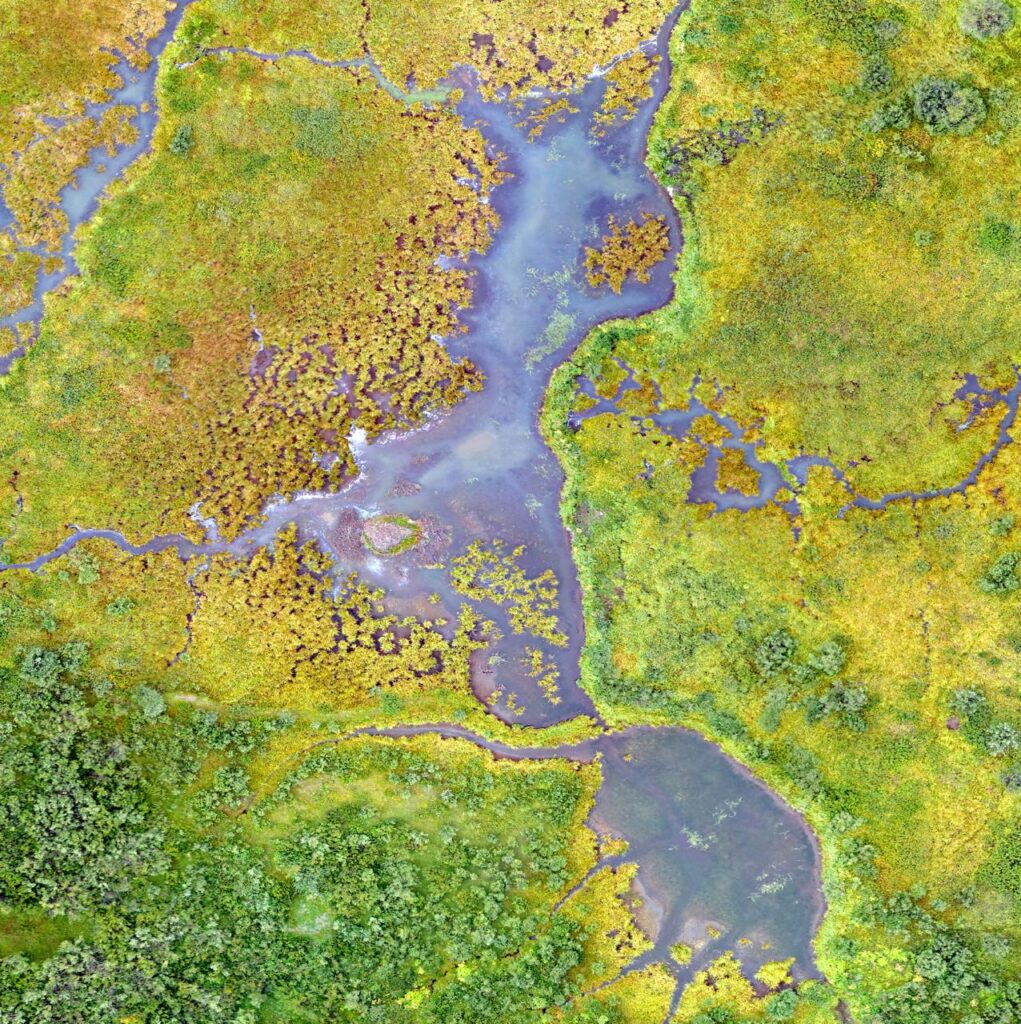CEEJ Co-Convenor
CEEJ Associate Member
CEEJ Organising Committee
Conflict can take the form of war, genocide, political violence, or identity-based violence. Each form of conflict disrupts education systems and silences voices. We aim to explore conflict and its effect on education across the globe, examining questions such as:


A protest camp was set up outside Islamabad’s National Press Club to highlight enforced disappearances and extrajudicial killings in Baluchistan.
Source:
https://newlinesmag.com/spotlight/why-baloch-women-in-pakistan-led-an-unprecedented-march/
Identity, and the intersections of gender, race, caste, class, ability, ethnicity, and more, shape how people engage with knowledge, community, and learning. Across the world, individuals and communities, many of whom have faced deep and ongoing struggles are navigating and resisting systems of power.
And yet, people continue to endure, create, reclaim, and powerfully stand up to oppression. Through self-enablement, cultural practices, collective action, refusal, and everyday acts of care, they preserve and transform ways of knowing that powerfully engage with issues of justice and agency, toward a shared, relational world.
We explore questions such as:
Save the Children believes every child deserves a future. In the U.S. and around the world, we give children a healthy start in life the Chief may also be involved in fire prevention.
On top of our attention to Politician and service is a commitment to excellence all qualities admire.
In 1985, WinShape Camps launched life-changing summers with our very overnight camp.
That early experience set the stage for how we do camps today creating fun and faithful places.
The team that has the real super powers as administration to lead the network.
CEEJ Co-Convenor
CEEJ Associate Member
CEEJ Organising Committee
Climate change is often viewed as the leading crisis of the 21st century. Environmental destruction, volatile climate patterns, and unsustainable human activities adversely impact the educational environments, infrastructure, and long-term planning capabilities of vulnerable populations. Positioning climate as a crisis allows us to investigate:
